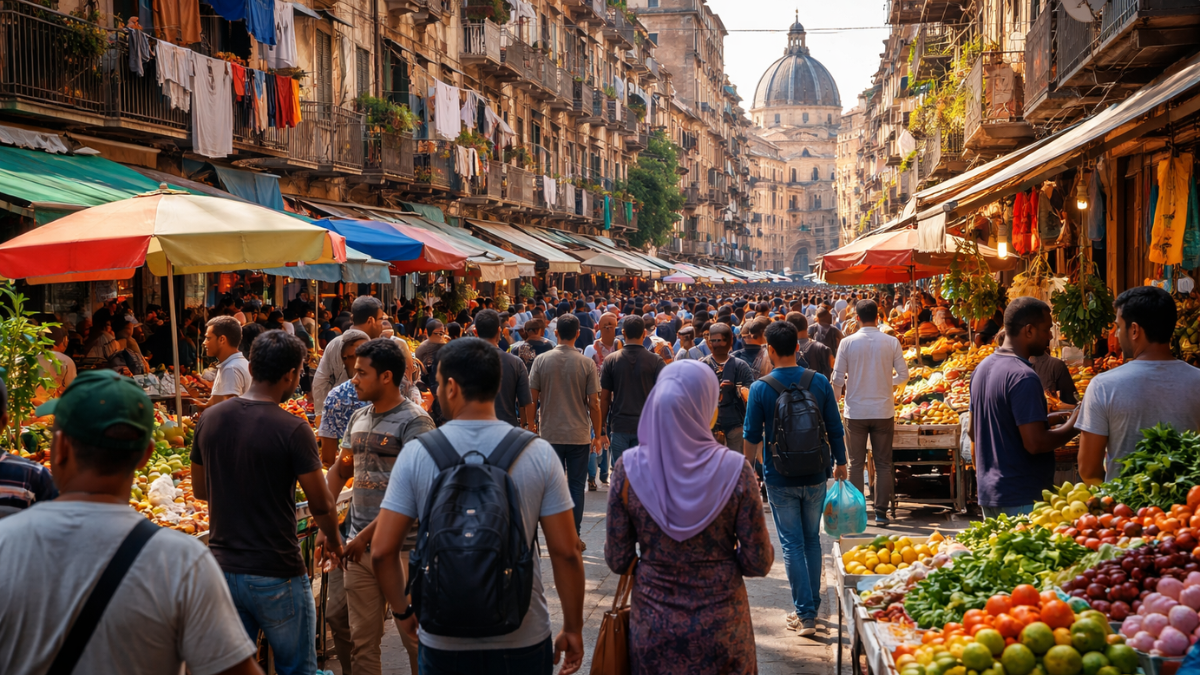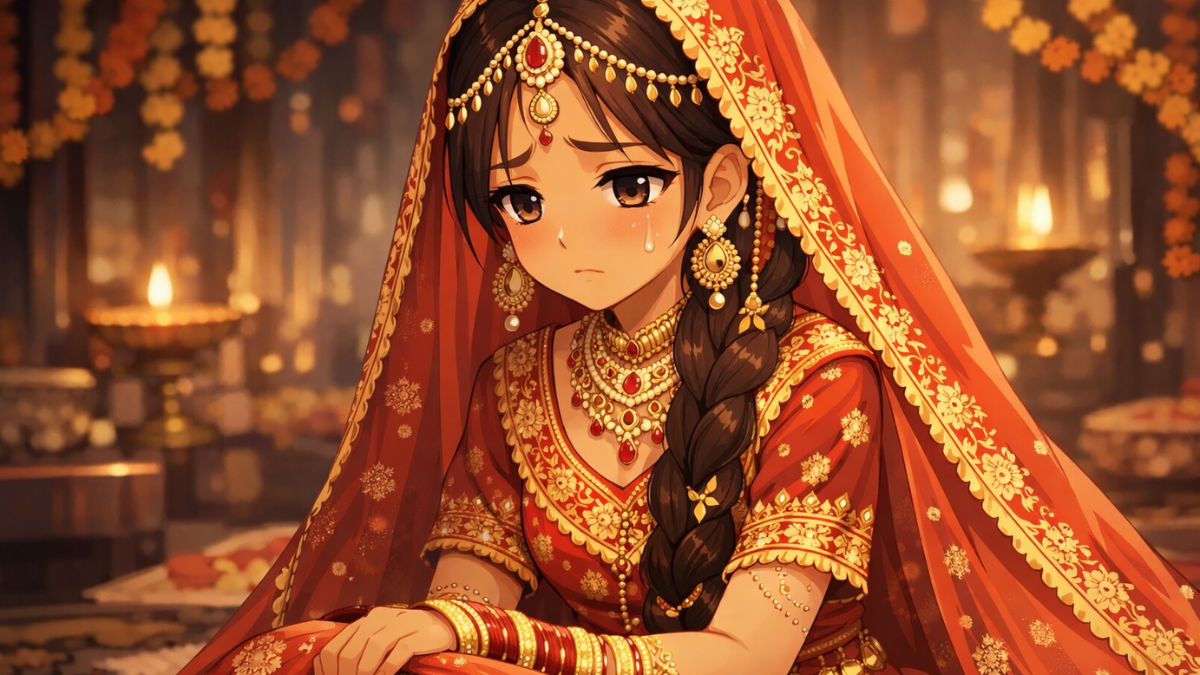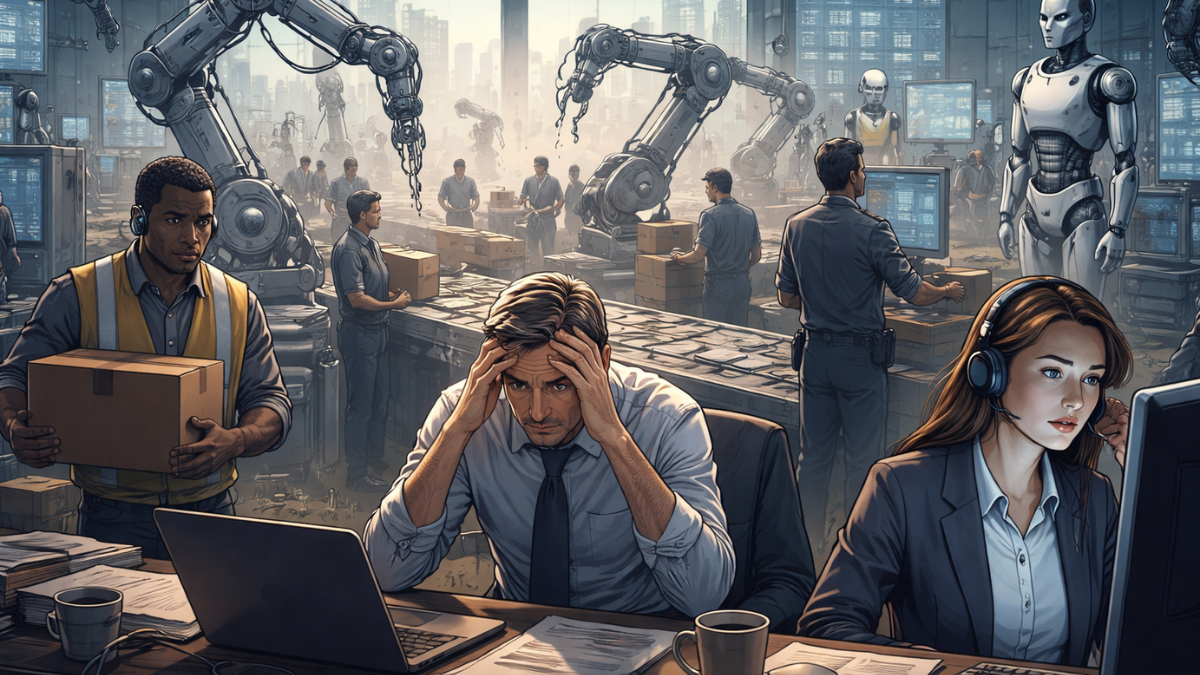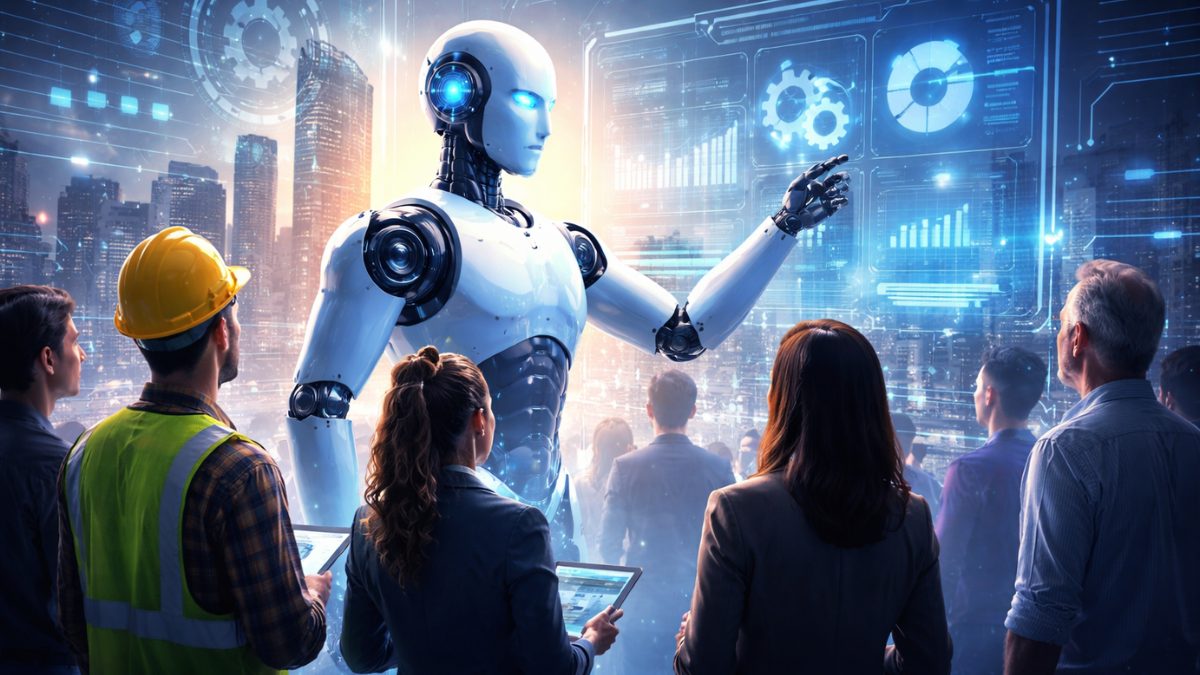Migration and Urban Inequality in Italy: A Sociological Analysis
Introduction Migration has been one of the most transformative social processes shaping contemporary Europe. Among Southern European countries, Italy occupies a unique position. Historically a land of emigration, Italy has become, since the late twentieth century, a major destination for migrants from Eastern Europe, North Africa, Sub-Saharan Africa, South Asia, and Latin America. This dramatic … Read more









